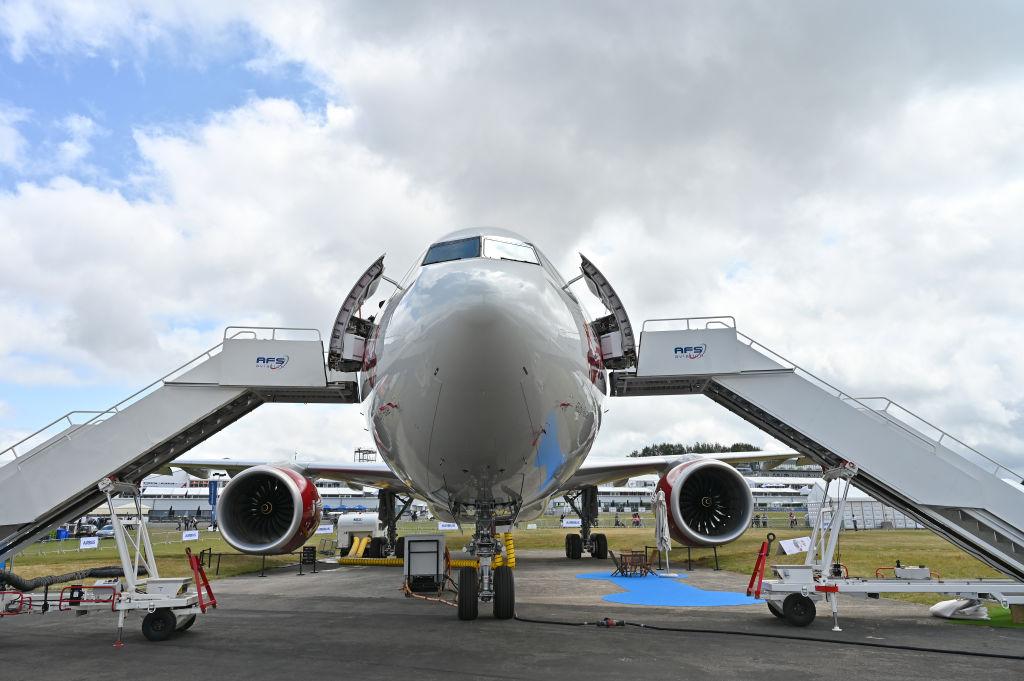
Virgin Atlantic brought an Airbus A330neo to Farnborough Airshow where it signed on for seven more of the widebody.
Credit: John Keeble/Getty Images
As the 2024 edition of the Farnborough Airshow comes to a close, this week’s Flight Friday looks at the widebody passenger flight hours of the operators who ordered widebody aircraft during the show. Although Qatar Airways did not announce a new order per se, they were revealed as the operator who...
Subscription Required
This content requires a subscription to one of the Aviation Week Intelligence Network (AWIN) bundles.
Schedule a demo today to find out how you can access this content and similar content related to your area of the global aviation industry.
Already an AWIN subscriber? Login
Did you know? Aviation Week has won top honors multiple times in the Jesse H. Neal National Business Journalism Awards, the business-to-business media equivalent of the Pulitzer Prizes.
